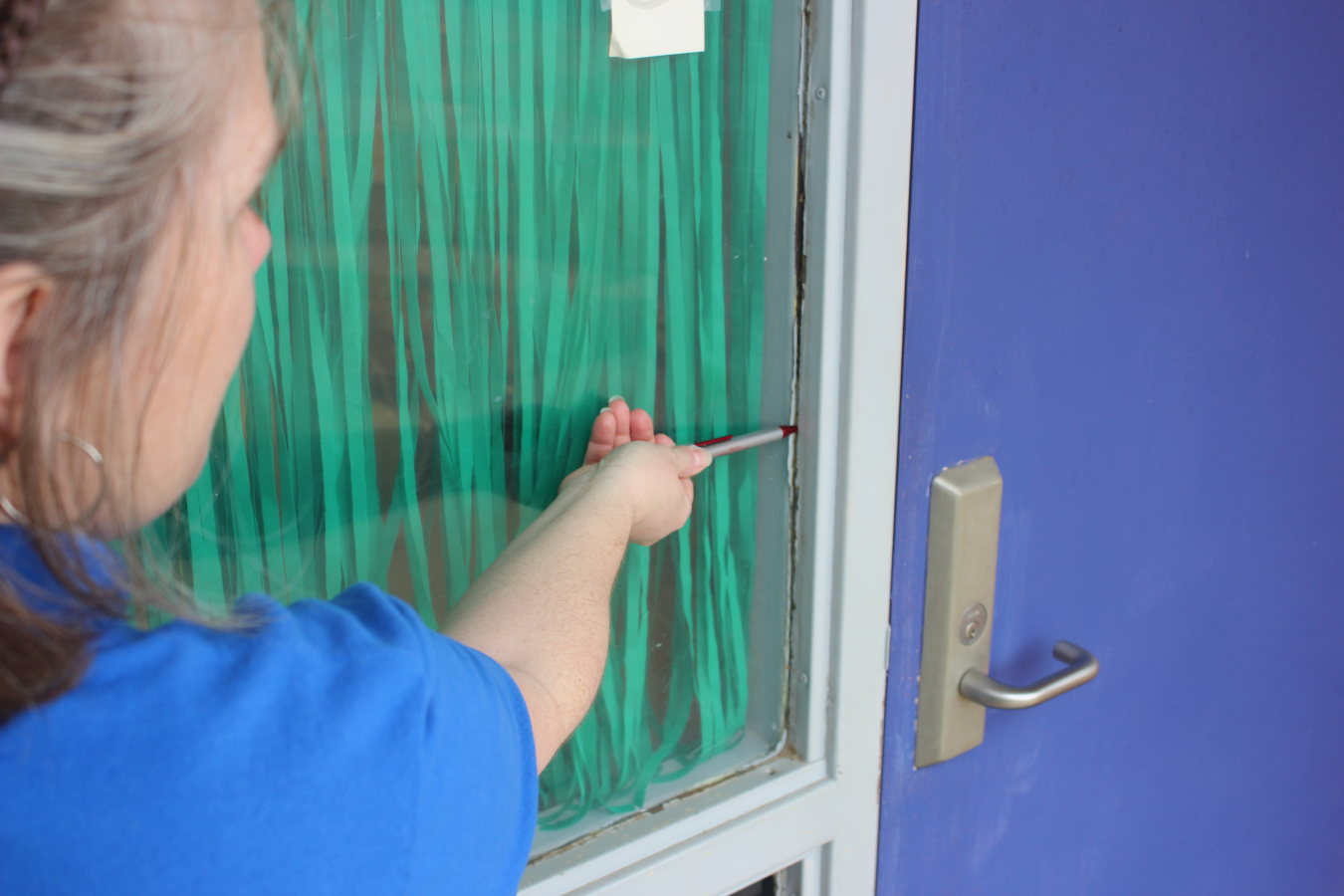With the help of a DOE State Energy Program competitive award, the South Carolina Energy Office created the Palmetto Energy Efficiency Retrofits.
September 26, 2018
With the help of an Energy Department State Energy Program competitive award, the South Carolina Energy Office created the Palmetto Energy Efficiency Retrofits (PEER) program to better take advantage of the considerable potential for energy cost savings in the state’s buildings. As a result of the program, six projects were completed, with a combined energy cost-savings of more than $3 million per year. The projects included performance contracting, energy retrofits, and solar installations for school districts, public universities and state agencies across South Carolina.
To achieve these savings, PEER tackled two main financing barriers to implementing energy efficiency projects in public buildings: lack of user-friendly information on available energy efficiency financing programs and limited time and capacity of public agency personnel to work on financing for their energy efficiency projects. Through PEER, the state energy office provided step-by-step technical assistance to other state entities, evaluating financing options and navigating procurement for them.
Additionally, PEER revamped ConserFund, a longstanding but undersubscribed state loan program for public buildings, updating the application documents to make them more comprehensive and user-friendly. The state also developed reference materials on energy-saving performance contracting (ESPC) and made them readily available on the ENERGY.SC.GOV website.
“Our state agencies and schools consistently tell us they are stretched so thin that they don’t have time to do the necessary preliminary work to determine what, if any, energy efficiency measures make sense for their facilities," said Anthony James, Director of Energy Policy in the South Carolina Energy Office. "The PEER program allowed us to help them focus on measures with the greatest impact, and to identify funding approaches."
The Energy Department's State Energy Program provides funding and technical assistance to states, territories, and the District of Columbia to enhance energy security, advance state-led energy initiatives, and maximize the benefits of decreasing energy waste. The State Energy Program emphasizes the state’s role as the decision-maker and administrator for program activities tailored to their unique resources, delivery capacity, and energy goals.

